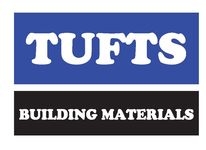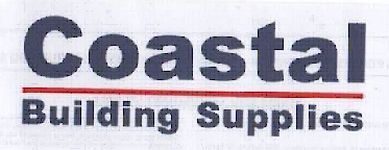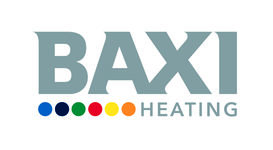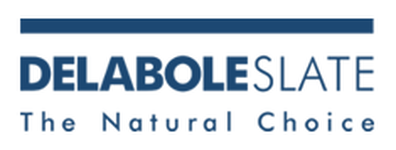
The Alliance has warned that the changes would severely disadvantage smaller house builders while large developers could ride out its introduction by relying on pipelines of already consented schemes.
Additional costs would hit smaller house builders making many schemes unviable, cost more jobs and undermine the fragile recovery.
Mike Leonard, director of the MMA, has written to communities secretary Eric Pickles warning that stricter energy performance measures could choke off the supply of housing.
If home owners are not prepared to pay a premium for more energy efficient homes in the current market it will render schemes unviable at a time when Government is trying to encourage delivery of new homes.
Leonard wrote: “Your Government made a promise not to increase the Regulatory burden on SME’s during the life time of this Parliament.
“The strongly rumoured 8% uplift in April 2014 will affect the SME disproportionately, as they do not have the benefit of the prior consents enjoyed by the major house builders.
“The additional costs will affect viability and will therefore mean projects do not go ahead, further capacity may be lost in our manufacturing companies and more jobs will go.
He added: “The amount of homes that would actually be built to this new standard before 2016 would in all probability be sub 500, making this action hugely destructive, with a very poor return in terms of environmental impact.”
To date less than1,500 homes have been built to Part L 2010.
The MMA fears that the new regulations will raise the cost burden on industry before they is any real evidence about how homes are actually performing in practice.
Leonard said that already evidence was emerging that the existing regulations were reducing indoor air quality and causing overheating.
“It is clear to us, that by continually moving the goal posts, we are unlikely to ever get the real evidence we need to drive the continuous improvement we all strive for,” warned Leonard.




















































